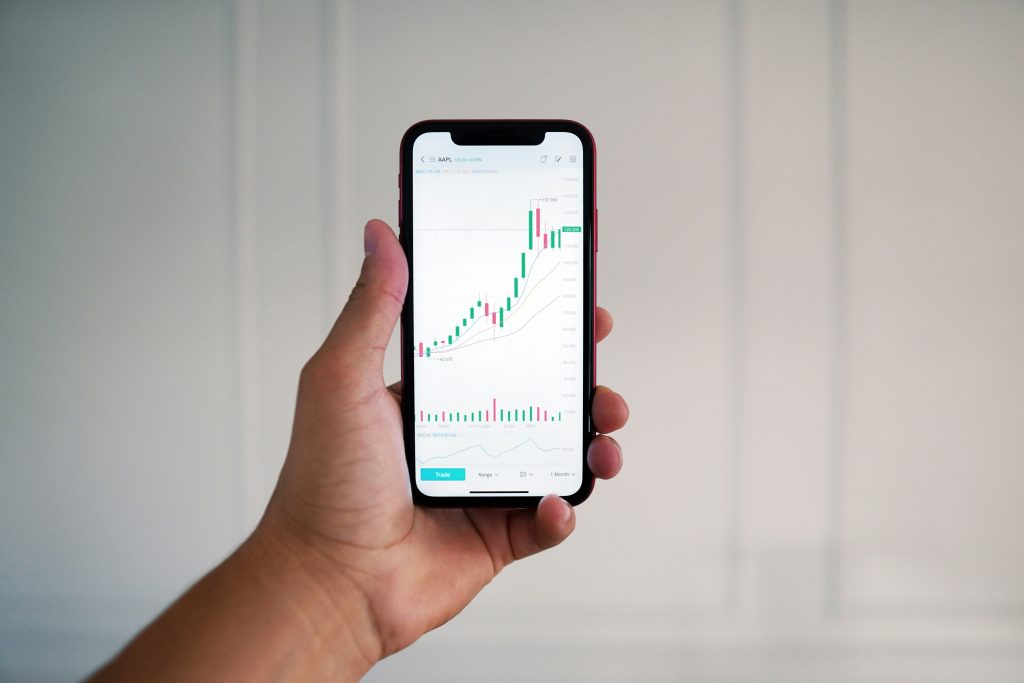Investing in assets can multiply your money and get you closer to your long-term financial goals. While you can accumulate various types of assets, stocks and bonds tend to come up the most.
It’s good to know the differences between these investments, along with their pros and cons, before committing to them. Investors should also assess their long-term financial goals and risk tolerances to see which asset class makes more sense for them.
What Are Stocks?
Stocks are assets that give you partial ownership of a company. Buying shares in a company exposes you to its revenue, earnings, catalysts, and weaknesses. If a company grows and gains market share, the value of your shares will go up.However, your stocks can lose value if a company loses ground to the competition.
Each stock is priced differently. A share of one company may cost $100, while other stocks go for more than $1,000 per share. Savvy investors look beyond the price per share and focus on metrics like the P/E ratio when gauging if a stock presents a good buying opportunity.
If you want to buy shares in a company that is worth $1,000 per share but you only have $500, you can still buy shares in that company. Many brokerage accounts let you do fractional stock trading. You can invest $500 into a stock that’s worth $1,000/share and end up with 0.50 of a share. An investor in this scenario can continue to buy fractional shares to end up with an entire share in the future.
What Are Bonds?
Bonds do not give you ownership of a company. Instead, these assets are loans that allow you to collect interest. Governments and corporations regularly borrow money to fund ambitious projects, and they pay interest.
Every bond has a maturity date, and after it matures, you receive your principal back. In the meantime, you will continue to collect interest payments. While a bond-issuing company can go out of business, investors can choose from highly rated corporate bonds and Treasury bills to reduce this risk.
Bonds offer stable income as long as you invest in financially sound companies. A corporation’s stock can drop by 20%, but you will still receive interest from a bond. In the event of bankruptcy, companies are required to prioritize bondholders over shareholders.
How Stocks and Bonds Help Investors
Stocks cater to investors who are willing to take more risks in exchange for higher potential returns. Investors get rewarded when companies perform well and deliver revenue and net income that are above expectations.
While you can make far more money with stocks, fixed-income assets offer more stability. Bonds are more optimal for people who are approaching retirement and want cash flow that can fund their lifestyles. You need a lot of capital to fund your lifestyle with bonds, but they present less risk than stocks.
The Risks of Stocks and Bonds
Buying and holding stocks has worked well in the long run, but not everyone has the patience to withstand market downturns. Everyone feels good about stocks until the Nasdaq drops by 20%, 30%, or even 50%. These downturns put pressure on retirement portfolios and create a lot of fear in the market. Stock investors are more prone to panic selling and have to be more emotionally resilient than bond investors.
It’s much simpler to buy and hold bonds. You receive steady cash flow until the bond matures. Investors can buy A-rated bonds or U.S. Treasuries to almost guarantee that they receive payments without worrying about insolvency.
However, the weakness of bonds is their opportunity cost. A 4% APY looks attractive, but it can’t hold a candle to the types of gains stocks produce in bull markets. While stocks can go down by 20%, 30%, or even 50% in one year, it’s possible for stocks to register those same gains within shorter timeframes. Some stocks shoot up by more than 20% just on a good earnings report.
Should You Buy Stocks or Bonds?
Before you buy stocks or bonds, you have to consider your long-term horizon. Young investors who can invest money without touching it for more than a decade will likely benefit from buying stocks. However, they have to be comfortable with corrections and significant dips. Their cash can lose value in the short run, and it’s important to avoid panic selling good investments.
Bonds are more suitable for retirees and people who need to access their cash within 1-2 years. If you are saving up for a down payment, it’s better to use bonds, CDs, or a high-yield savings account instead of putting the money into stocks.
However, stocks can help you save money on taxes. If you hold onto a stock for more than a year, any profits are taxed as long-term capital gains. That results in a lower tax rate. Even dividends have lower tax rates if you hold onto them for more than a year.
Bonds, CDs, and high-yield savings accounts are different. All of the interest you collect is treated as ordinary income. If you are a high earner, you’re only adding to your tax bill with these assets. Risk-averse investors who earn high incomes may want to consider dividend income stocks. These assets have high yields and don’t exhibit as much price movements. For instance, Procter & Gamble (NYSE:PG) is currently up 6% year-to-date as of March 10, 2025. Many big-name tech stocks have tumbled out of the gate, demonstrating high-yield stocks are less risky than growth stocks.
While dividend income stocks can still go down, they have yields similar to bonds and aren’t subject to as much market volatility.


